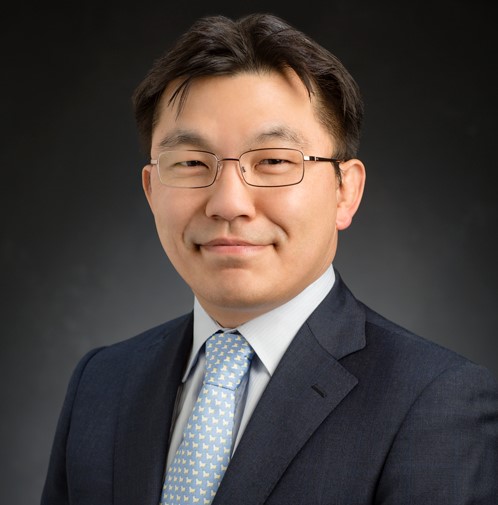Hyunjoon Kong, Robert W. Schafer professor of chemical and biomolecular engineering, approaches cancer research from a perspective that integrates cell engineering and biomaterials. The Kong research team has been working with Georgia Tech University and Massachusetts Institute of Technology (MIT) over the past 10 years under the National Science Foundation (NSF) Science and Technology Center Grant.
Most recently, the American Association for Advancement of Science (AAAS) published his lab’s work on cephalopod-mimicking technology to transfer thin sheets of cell clusters and bioelectronic sensor. The applications of this project are broad, spanning from sensor administration to drug delivery and cell therapies. With regard to cancer discovery, this could change the way that scientists and clinicians administer tests and treatments.
“We wanted to make tissues using stem cells. Typically, these tissues from in-vitro cultures are very thin, and we realized how hard it was to manipulate these sheets. We hypothesized that a suction cup could help us solve this, and it was successful,” said Kong.
Kong’s lab uses this manipulator in order to replicate complex structures of cancer with multilayers of the cell sheet. However, another application could be to use this tool to place thin materials containing the cancer treatment onto the affected tissue or to apply sensors to monitor cancer development.
The team initially realized that their findings in technology could assist other researchers on the quest to develop cancer treatments. The success of this project has led them to explore more revenues within cell communication.
“Many people think that cancer cells are caused by another living system that invaded our body. However, cancer cells are generated from our own cells. Therefore, our immune cells cannot detect the presence of cancer cells making it very difficult to diagnose cancer at the initial stage and further, treat them,” said Kong. “Our research will allow people to see how the normal and cancer cells are communicating with each other. The question mark is around the balance between normal and cancer cells and how they communicate to develop or overcome cancer.”
Kong is leading a new Multi-Cellular Engineered Living Systems (M-CELS) theme within the UIUC Carl R. Woese Institute for Genomic Biology. He calls this new direction an “unanswered black box” that they want to open. They want to interrogate how cell communication influences body, tissue, and pathogen development. Cancer is one of these developments that they are intending to pursue.
Their application goal is to help other clinicians and researchers better understand the cell-to-cell communication. With this newfound knowledge, they can diagnose and treat patients with higher knowledge of the disease and implications of the balance between normal and cancer cells.
– Written by Carly Kwiecinski, CCIL Communications Intern

